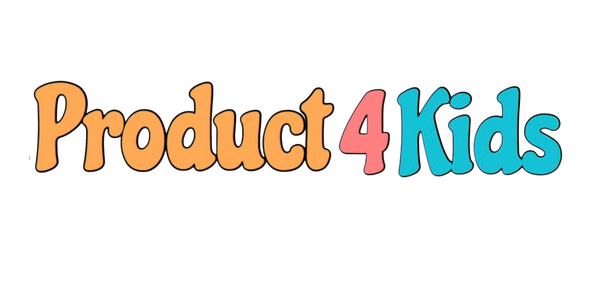At the age of 2, children with autism may exhibit unique challenges in their development. Autism is characterized by difficulties in social interaction and communication, restricted interests, and repetitive behaviors. However, it's important to note that each child with autism is unique and may display a range of symptoms to varying degrees.
Early Signs and Symptoms of Autism
Recognizing the early signs of autism in 2-year-olds can help parents and caregivers seek early intervention. Some common signs include a lack of response to their name, limited eye contact, delayed or absent speech, repetitive behaviors, difficulty with transitions, and a preference for solitary play. It's essential to consult with healthcare professionals to evaluate these symptoms and determine if further assessment is necessary.
Diagnosis and Evaluation
Diagnosing autism in 2-year-olds involves a comprehensive evaluation conducted by a team of specialists, including developmental pediatricians, psychologists, and speech therapists. The evaluation assesses various areas of development, including social interaction, communication, behavior, and cognitive skills. Through careful observation and standardized assessments, professionals can provide a formal diagnosis and recommend appropriate interventions.
Treatment and Interventions
Early intervention is crucial for children with autism, and various therapies and interventions can support their development. Applied Behavior Analysis (ABA) is a widely used therapy that focuses on reinforcing positive behaviors and teaching new skills. Speech therapy helps enhance communication abilities, while occupational therapy addresses sensory and motor difficulties. Additionally, social skills training and play-based therapies can assist 2-year-olds with autism in improving their social interactions and peer relationships.
Strategies for Parents and Caregivers
Parents and caregivers play a pivotal role in supporting 2-year-olds with autism. Building a structured and predictable routine can provide a sense of security for the child. Visual schedules and social stories help them understand and navigate daily activities. It's essential to create a nurturing and inclusive environment that encourages communication, play, and exploration. Additionally, seeking support from autism support groups and professionals can offer valuable guidance and resources.
Educational Support for 2-Year-Olds with Autism
Early intervention programs often include educational support tailored to the needs of children with autism. Specialized preschools or early intervention centers provide individualized educational plans that focus on language development, social skills, and cognitive growth. These programs employ highly trained professionals who utilize evidence-based strategies to enhance learning and development in a supportive environment.
Emotional and Social Development
Emotional and social development is a significant aspect of a 2-year-old's life with autism. Children with autism may face challenges in understanding and expressing emotions, making social connections, and interpreting non-verbal cues. Encouraging emotional regulation, teaching social skills through modeling and practice, and promoting inclusive play opportunities can aid their emotional and social development.
Challenges and Support for Families
Raising a child with autism can present unique challenges for families. It's crucial for parents and caregivers to practice self-care, seek emotional support, and educate themselves about autism. Connecting with other families facing similar experiences can provide a sense of community and understanding. Accessing support services, such as respite care and counseling, can help families navigate the challenges associated with raising a 2-year-old with autism.
Promoting Inclusion and Acceptance
Promoting inclusion and acceptance in society is essential for individuals with autism. Educating the community about autism, dispelling myths and misconceptions, and fostering a culture of empathy and understanding can create a more inclusive environment for 2-year-olds and individuals of all ages with autism. Embracing neurodiversity encourages the recognition and celebration of different abilities and perspectives.
Conclusion
Early identification, intervention, and support are vital for 2-year-olds with autism. By understanding the early signs, seeking timely evaluation, accessing appropriate treatments, and providing a nurturing environment, we can help these children reach their full potential. Additionally, supporting families and promoting inclusivity can contribute to a society that embraces and supports individuals with autism.

